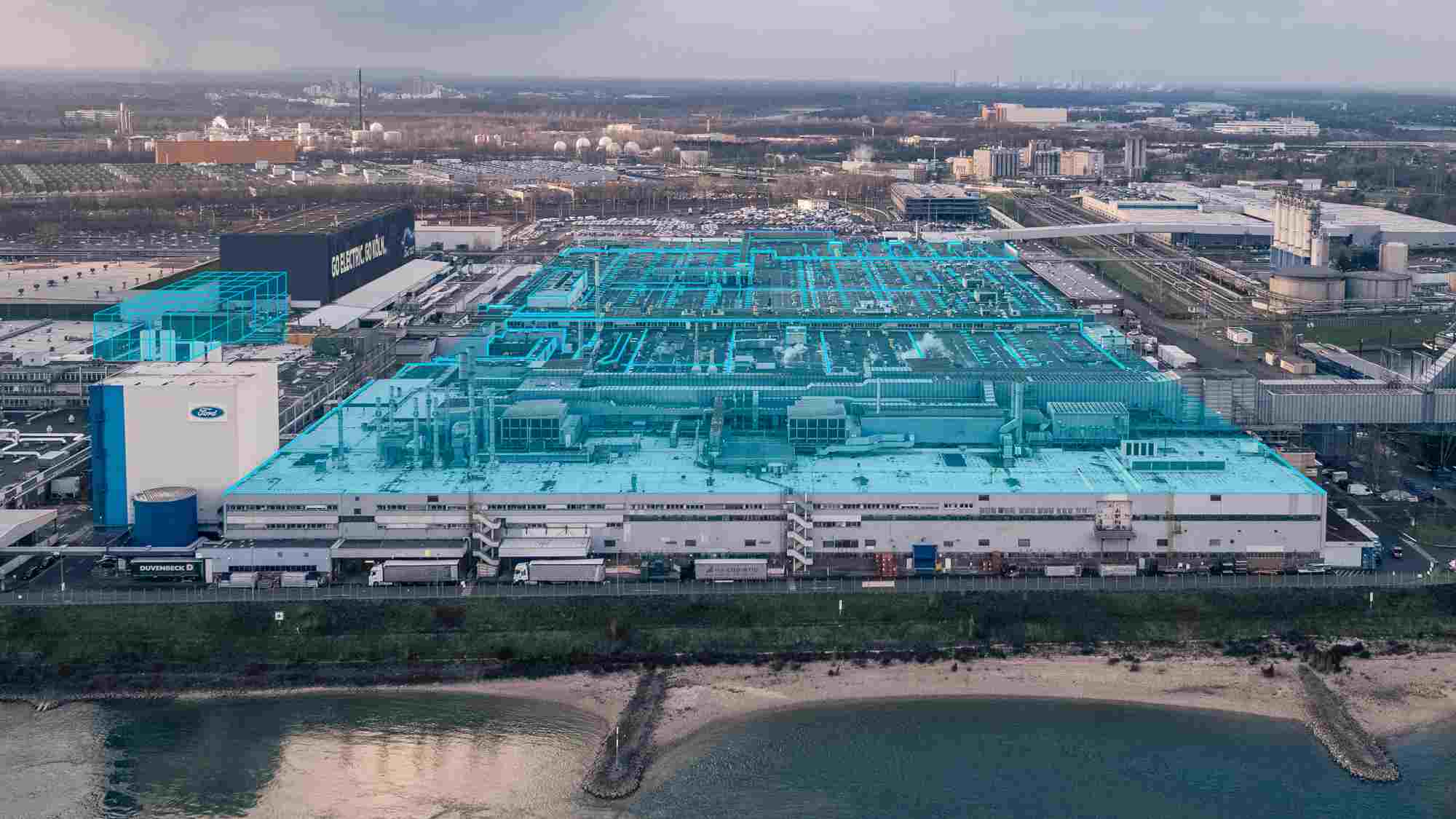Ford to pour $1 billion in Germany, with plant manufacturing ‘all-electric’ passenger cars in Europe by 2030

Ford is investing $ 1 billion in an electric vehicle production facility in Cologne. The European branch of the automotive giant is committed to going all-in for electric vehicles in the coming years.
In the plans announced on Wednesday morning, Ford said that the entire range of cars in Europe will be "emission-free, fully electric or plug-in hybrid" by mid-2026 and will offer a "fully electric" offer by 2030.
By investing in Cologne, the company is upgrading an existing assembly plant and converting it into a facility that focuses on the production of electric vehicles.
"Today's announcement to rebuild our plant in Cologne, where we have been operating in Germany for 90 years, is one of the most significant that Ford has made in over a generation," said Stuart Rowley, President of Ford of Europe in a statement .
"It underscores our commitment to Europe and a modern future, with electric vehicles at the heart of our growth strategy," added Rowley.
The company also wants its commercial vehicle segment in Europe to be emission-free, plug-in hybrid or fully electric by 2024.
A “transformative” decade
With governments around the world announcing plans to move away from diesel and gasoline vehicles, Ford, along with several other major automakers, is looking to expand its electric offering and challenge companies like Elon Musk's Tesla.
Earlier this week, Jaguar Land Rover announced that its Jaguar brand will be fully electric by 2025. The company, which owns Tata Motors, also said its Land Rover segment will introduce six "all-electric variants" over the next 5 years.
The South Korean car maker Kia will launch its first special electric vehicle this year, while the German Volkswagen Group is investing around 35 billion euros in battery electric vehicles and plans to bring around 70 fully electric models to market by 2030.
Last month, the CEO of Daimler told CNBC that the automotive industry was "in the middle of a change".
"In addition to the things that we know well - to be honest, to build the most coveted cars in the world - there are two technological trends that we are doubling down on: electrification and digitization," Ola Källenius told CNBC's Annette Weisbach.
The Stuttgart-based company has "invested billions in these new technologies," he added, explaining that they would "advance our path to carbon-free driving." This decade, he continued, was "transformative".
source: Ford Motor Corp
